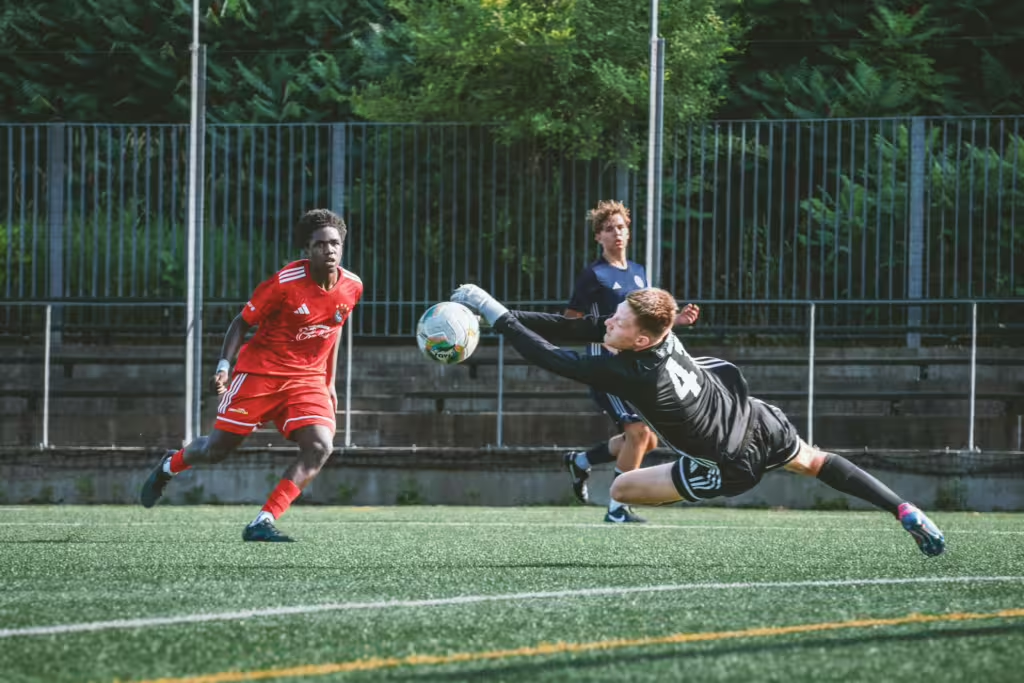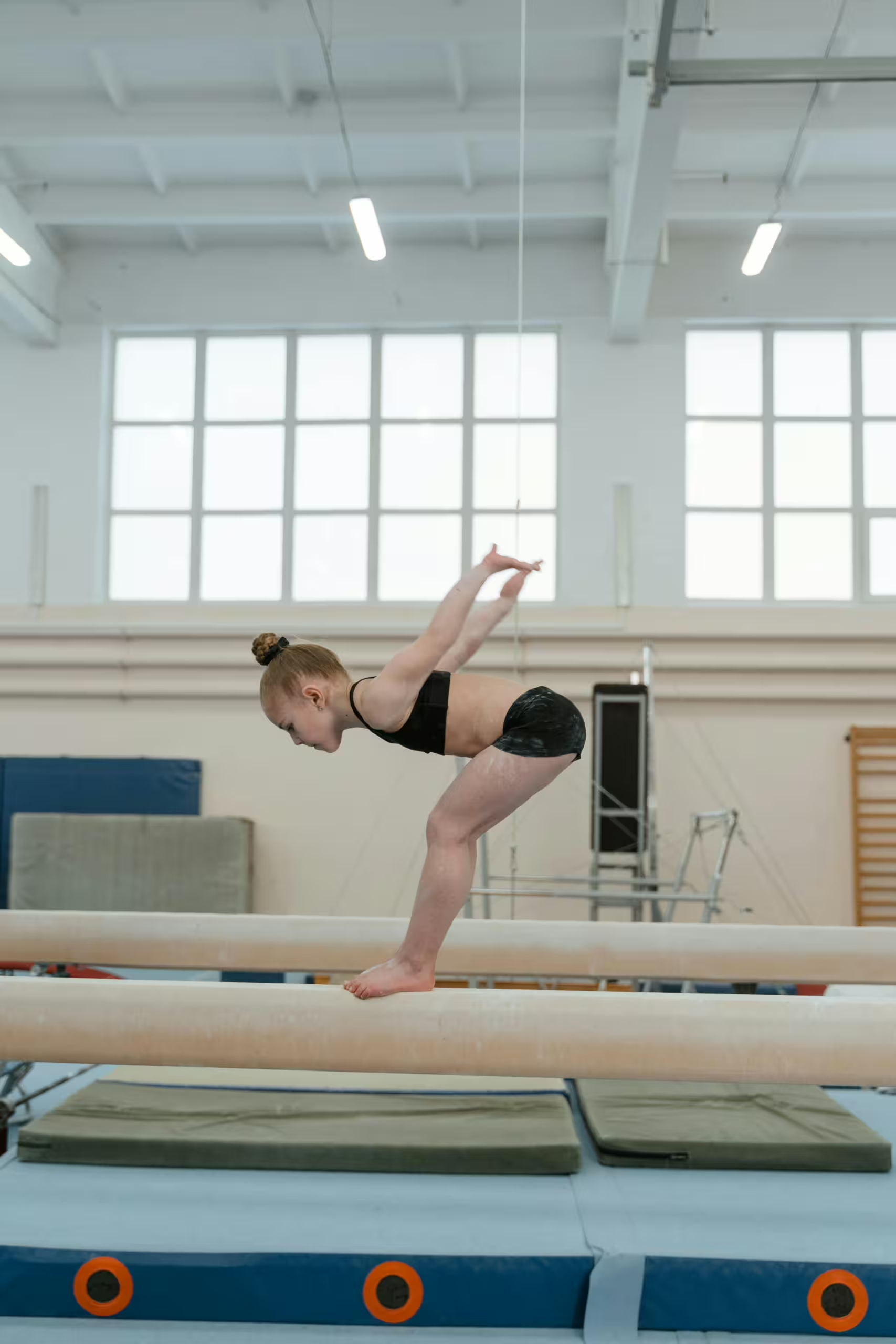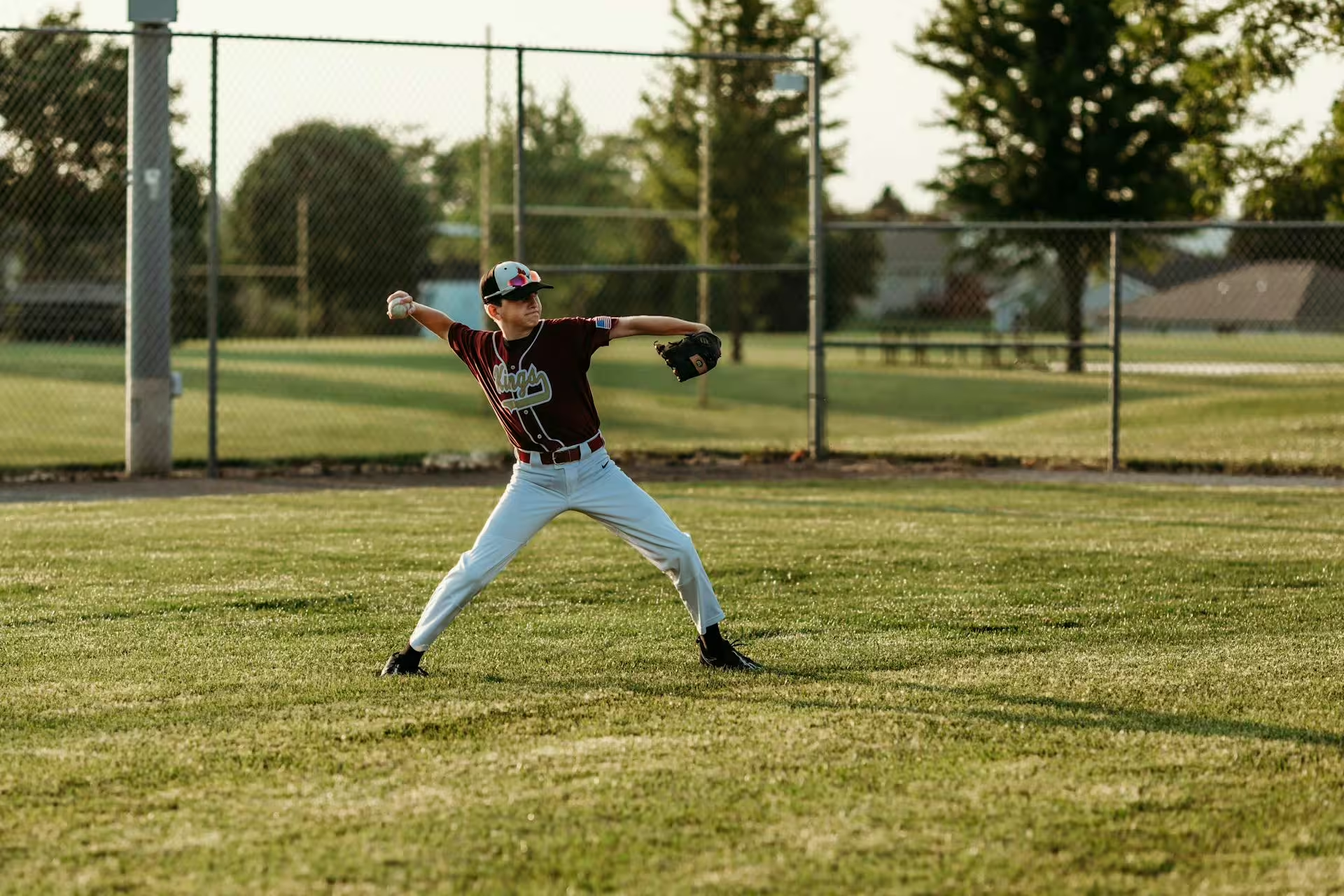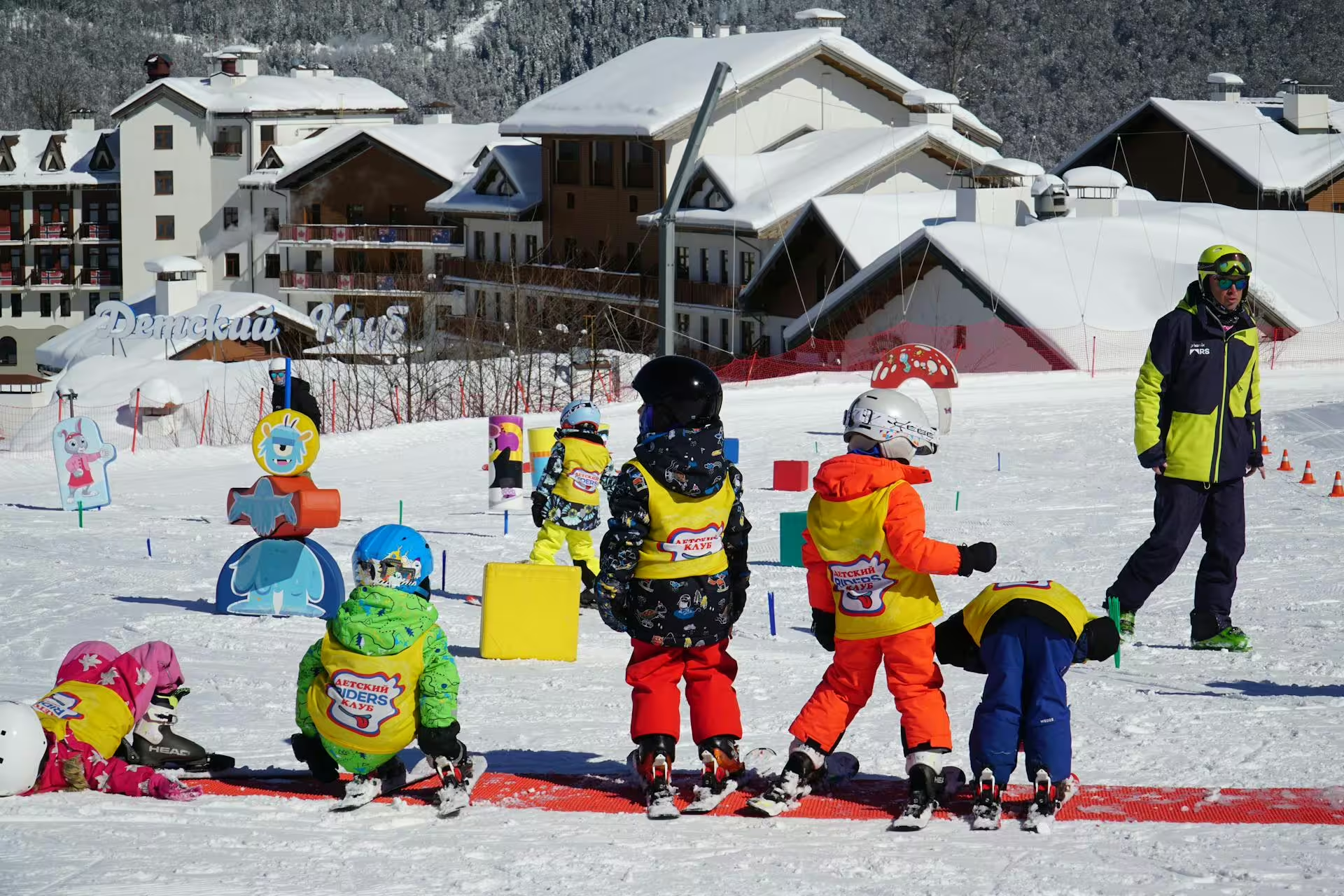We’ve covered soccer a few times here at Cultured Athlete and as summer begins to give way to fall, it seems like it is once again time for parents and excited kids to gear up for another exciting soccer season! Soccer may not be the most popular sport in the United States, but it is remains the most popular sport in other places—and the world at large—for good reason.
Soccer is a fast-paced, easy to learn game that can be played anywhere that there’s space to run and a medium-sized ball. In the past several decades, youth soccer has continued to grow in popularity in the US. Millions of children are taking part in school teams, peewee soccer leagues, and recreational soccer organizations. This means that finding a soccer organization for your child should be fairly easy; as long as you know what you’re looking for, and as long as you understand why soccer is or isn’t the right choice for your child.
In this article, we will about soccer in the simplest, most relevant terms. Together, we will explore the key aspects of youth soccer and how parents can choose the right soccer team for their child. At the very least, we will give parents the tools they need in order to foster a positive, healthy sports experience for their young soccer stars in the making.
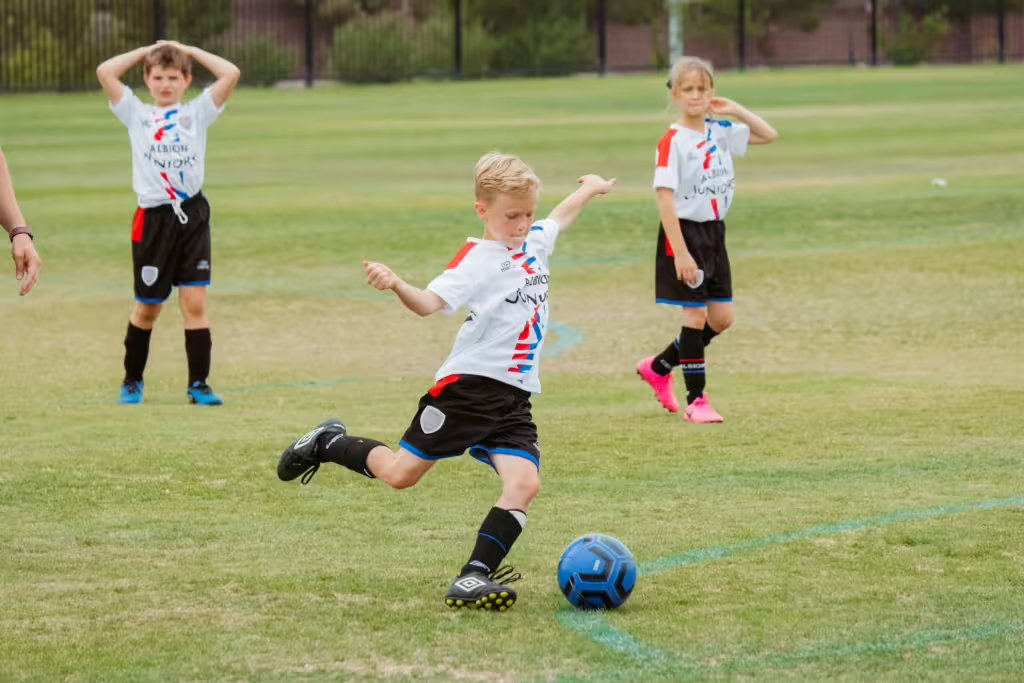
A Game for All Ages
In the United States, youth soccer is typically divided into different age brackets. The first of these is called U6 (under 6), followed by U8, U10, U12, and so on. At each level, the rules and field sizes are adjusted to match the developmental stages of the children involved. A few examples of these brackets and their specific rules can be found below.
- U6-U8 (Ages 4–7): Children who play soccer at this stage are taught basic skills of passing and dribbling, as well as the most common movements found in the game. At this level, the main focus is on fun, as it should be. Games tend to feature less players, usually 3v3 or 4v4 with no goalkeepers.
- U10-U12 (Ages 8–11): At this level, kids start playing in more structured games with seven or nine players. They also have goalkeepers and begin to learn team tactics as well as more refined technical skills. Positional play and team strategies are also introduced.
- U13 and Up (Ages 12+): This is the stage where kids start to play real soccer. Games are full-field 11v11 events that feature more advanced tactics, tough physical training, and higher-level competitive play. As kids turn into teens, they begin to specialize in certain positions and may even go from playing on a junior league to a school team or travel team.
Remember, understanding these levels can help parents manage expectations and appreciate the learning curve that comes with each stage of a child’s soccer development.
Essential Skills and Techniques
As with all youth sports featured on this site, we at Cultured Athlete don’t own to the idea that sports is just about scoring goals. Soccer is particularly great for countering this “always winning” mindset, as it encourages a broad set of physical and mental skills in young players. They learn the basics of team play, learn strategy, roles, and team dynamics. They start to understand how to be flexible and to listen to their leaders.
Kids who play soccer from a young age are introduced to the basic skills right away. They learn how to dribble, to pass, and receive the ball; all using just their feet. At the same time, they learn to shoot the ball into the net and those who act as goalkeeper, learn to protect the net and to defend against opposing attempts.
Goalkeeping requires a specific skill set, mind you, but some kids actually do quite well in that role; they just need to be given the chance to try it out, and that often means keeping them in soccer for a few years until they get the chance to give it a shot.
How to Choose the Right Soccer Program
It should be noted that not all soccer programs are created equal. This means that not every program will be the right fit for your child. Heck, soccer itself might not even be the right fit. The trick is getting it right and knowing what to look for. The first thing you need to ask yourself is; is the program competitive or merely recreational?
Recreational leagues, for example, tend to be best suited for beginners and young children. These programs emphasize fun, learning, and inclusion above wins. More competitive leagues and travel teams are more focused on the strategy and competition aspect of the game. There may be a larger financial commitment to the sport and more time must be dedicated on the part of the players and the parents. In addition, competitive teams might require tryouts and may not be fully inclusive of every level of player.
Parents will also want to look at the coach’s credentials. Make sure that whoever is coaching your kid is experienced with their age level. No matter who their preferred audience is, however, all soccer coaches should be positive, supportive, and kind; especially in your child’s early years.
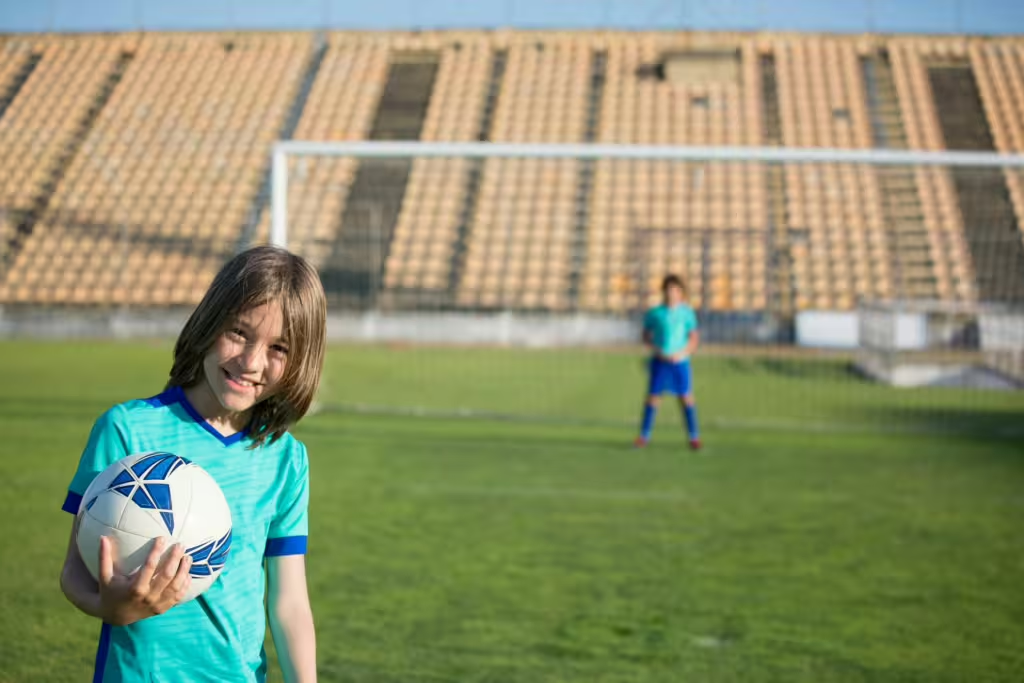
The Role of Parents in Youth Soccer
As parents, you are well-placed to make or break your child’s youth soccer experience. We’re not threatening or anything, but we are saying that your positivity and knowledge can help make their experience that much more positive. Worry not, helping keep to keep your child’s youth soccer experience a good one is not difficult in the least.
First, you want to make sure that you encourage effort over winning. Parents should celebrate sportsmanship and personal improvement whenever possible. Help your child to develop a growth mindset, but be wary of pushing too hard. This is especially important for courtside coaches; parents who like to coach their own way from the sidelines. Leave it to the experts here, people. You can have opinions but discuss them in private and don’t shout them out at the field during the course of a game. When the game is done, have a rap session with your child. Talk about how they felt, what they did well, what they can improve on, but as always, be gentle, considerate, and constructive.
Is Soccer the Right Fit?
If you’re still wondering whether or not soccer is a good match for your child, there are a few things you can look out for. For instance, kids who love running and being outdoors will likely be drawn to soccer. Social kids who like team dynamics and collaboration will also thrive in this sport. Finally, any child who likes fun, wants to learn new skils, or feels like challenging themselves, will enjoy this game. That all said, every child is different, so not all of them are going to love soccer right off the bat. Just give them time to learn why it’s fun, they will get there eventually!
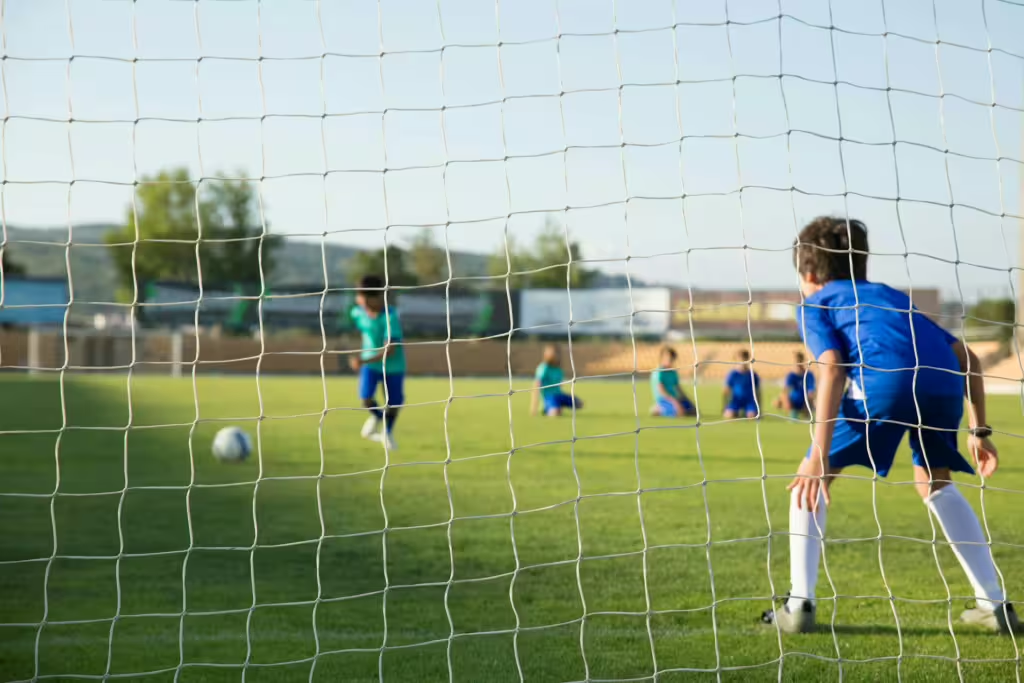
Soccer in Every Season
Don’t be worried if you don’t get your child into the next soccer season. If nothing else, soccer is exceptionally flexible. It can be played as easily indoors during the winter as it can outdoors in warmer weather. There are soccer summer camps, winter leagues, spring tournaments, and school soccer in the autumn. Your child has ample opportunity to learn and play all year long!
It’s also good to keep your child focused and engaged, even on the off season; especially if they truly enjoy the game. If you don’t have any winter soccer teams active in your area, you can keep your kid active between seasons with some backyard soccer practice or encouraging them to play some pickup games at the park with their friends and teammates.
Cultured Athlete Says…
As you can see, youth soccer offers so much more than physical activity to young children. It allows them to grow as individuals, make lifelong friends, and develop athletic skills they can use at every stage of their young lives. For parents, soccer represents a front-row seat to watch your child grow into themselves, all while cheering them on from the sidelines. In the end, it doesn’t matter if your child ends up becoming a soccer pro or just wants to have fun as a kid, your encouragement, patience, and support will help them become true soccer superstars of their own devising!
Discover more from CulturedAthlete
Subscribe to get the latest posts sent to your email.

